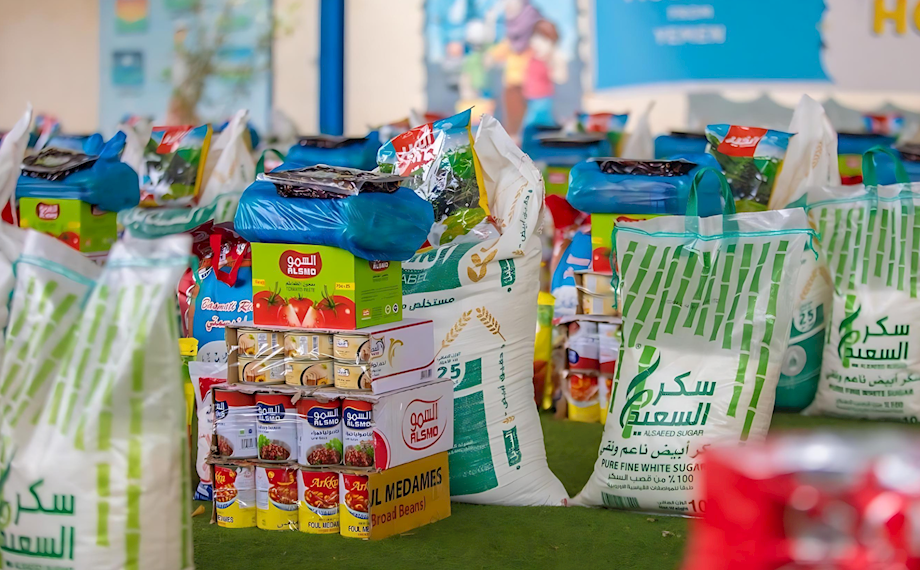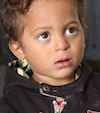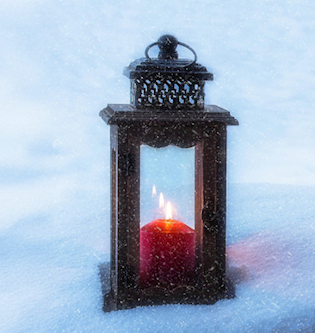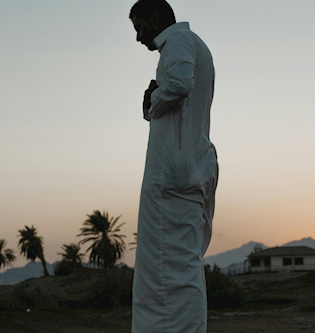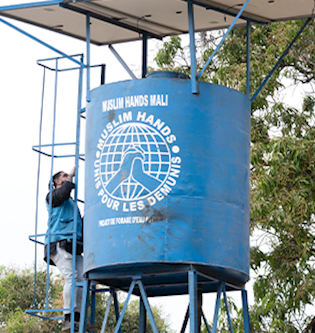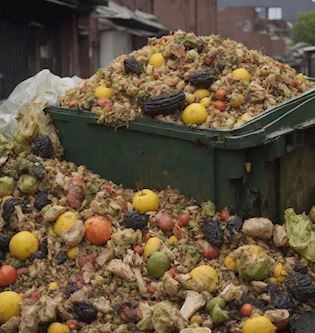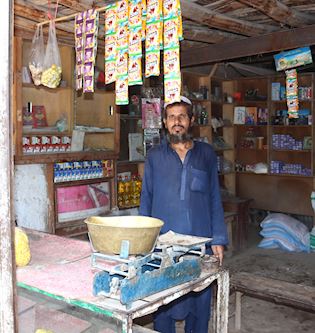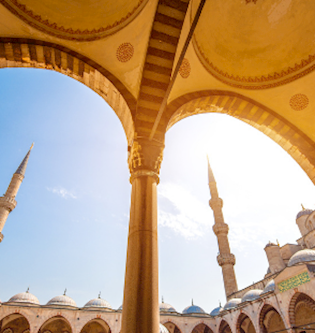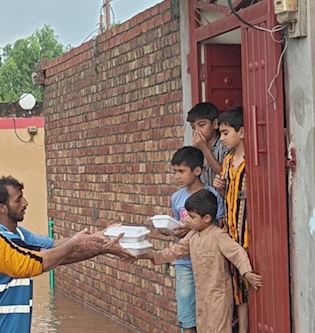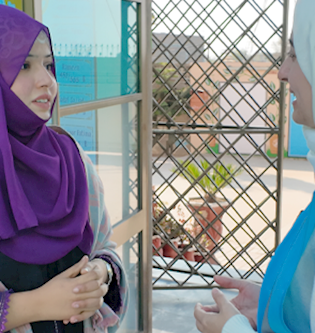Iftar Traditions Around The World

About the Author: Maryam Hussain, a Canadian Muslim and Muslim Hands volunteer. Maryam graduated from the University of Toronto, where she majored in English Literature. Maryam is a passionate writer and enjoys writing poetry and short stories in her spare time.
Iftar is the evening meal with which Muslims break their daily fast during the holy month of Ramadan. It is very difficult to describe the feeling when you taste your first morsel of food, after a day of fasting. The colour comes back to your face and it almost feels like the blood begins to flow through the body again.
You instantly feel energized and the fatigue from the day’s fast fades. However, Iftar is so much more than this, it’s about bringing families and communities together to share and show gratitude for Allah’s (swt) blessings. Around the world, each culture has their own Iftar customs and traditions. We look at some of the unique ones below.
When I think about Iftar, the first thing that comes to mind is family or community. When the Adhan is called for Salatul, Maghreb, the world literally stops. Despite the chaos of the day, the call to prayer brings everyone together for the opening of the fast with dates and milk or water.
There are specific duas to recite when breaking the fast at Iftar. These are;
اے اللہ!میں نے تیری خاطر روزہ رکھا اور تیرے اوپر ایمان لایا اور تجھ پر بھروسہ کیا اورتیرے رزق سے اسے کھول رہا ہوں۔
‘Oh Allah, I fasted for you, I believe in you, I rely on you and I break my fast with your sustenance.’
"لقد ذهب العطش ، تطفأ الأوردة ، وتأكدت المكافأة إن شاء الله".
‘The thirst is gone, the veins are quenched, and the reward is confirmed if Allah wills.’
Muslims recite these duas because; like in everything else, they fast in the name of Allah Almighty.
Pakistan
Muslims break their fast with a date and some water followed by a selection of samosas or pakoras (a fritter made from chickpea flour, vegetables and spices). The fritters are fried in hot oil and eaten with dips or chutneys. A healthier alternative is a simple fruit chaat (fruit salad garnished with spices).
Morocco
A soup called Harira is served immediately after the fast is broken. Harira is made from lentils and sprinkled with salt and cumin. It is usually served with hard-boiled eggs, dates and figs, traditional honey sweets and other homemade special breads or crepes.
Iraq
Muslims drink sherbet, a sweet and refreshing drink made out of qamar id-deen (dried apricots juice) and tamarind.
Lebanon
Fattoush salad made up of toasted or fried pieces of Arabic flat bread, mixed green vegetables, radishes and tomatoes is common on the Iftar table. A cannon is fired every day to signal the Iftar time.
Albania
The start and end of the fast is celebrated with a traditional song. Muslims march up and down the streets playing the Lodra, a homemade double-ended, cylinder drum covered in sheep or goatskin.
Maldives
A particularly beautiful post- Iftar tradition is where locals gather to listen to poets reciting Raivaru, or Ramadan related poems.
Whatever and however we break our fast, Muslims share one thing in common and that is the feeling of humility, unity and gratitude that comes from fasting. As Dawud Wharnsby says in his Nasheed called ‘We’ve scanned the Sky:’
”So many of our brothers and sisters all across the land, they have no food to eat at all and they need a helping hand. When we fast from morning till the night to fulfil Allah’s command, we feel the hunger and thirst they feel, and it helps to understand.”
So many people around the world go hungry every day and night because they cannot afford to eat. It is essential that we remember this at Iftar and thank Allah Almighty for the food we are about to eat.
Join Muslim Hands in eradicating famine and hunger around the world. Donate a Ramadan Food Parcel and help us tackle hunger, one family at a time.





